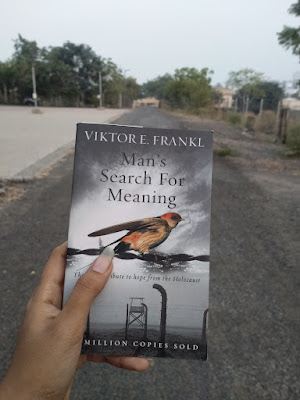Hello Readers ,
In ancient India, there was a system called "varna" that sorted people into different groups based on their roles. Imagine it like sorting people into categories: there were the Brahmins who were like priests, the Kshatriyas who were rulers and warriors, the Vaishyas who were into business and farming, and the Shudras who did laborious work. This system also kind of left out others like tribal folks and the untouchables (Dalits), considering them outside these main groups.
The word "caste" comes from the Portuguese term "casta," which initially meant "race, lineage, or pure breed." Even though it didn't originate in India, it's commonly used in both English and Indian languages, often closely associated with the concepts of varna and jati.
"Untouchable," penned by Mulk Raj Anand in 1935, solidified his position as one of India's prominent English authors. It draws inspiration from Anand's aunt's encounter, where she was ostracized by her family for dining with a Muslim woman. The novel's focus lies in advocating for the abolition of the caste system, revolving around Bakha, a young "sweeper" deemed "untouchable" because of his job cleaning latrines.
Bakha, tasked with cleaning latrines, receives an invitation from a prominent hockey player, Charat Singh, promising him a hockey stick as a gift.
Bakha has too much fascination with English life. "And he knew of course, expect clothes there was nothing English in his life." He was too poor to afford luxury of European life. He fells Exotic Otherness. Not even he but his peers too. While there is not only lower caste but in that there are distinction.
Moreover, Bakha wants to go the school. Name of school adds spark in the eyes of Bakha. "The anxiety of going school. How nice it must be to be able to read and write." However, soon he realised his inability,"But then his father had told him that schools were for babus not for the lovely sweeper."
Meanwhile, his sister Sohini faces discrimination at the communal well, unable to draw water due to the belief that the touch of an "untouchable" pollutes it. A priest named Kali Nath, attracted to Sohini, assists her and invites her to clean the temple courtyard later in the day. He molested her.
While sweeping the streets, Bakha accidentally touches a Brahmin Hindu who loudly accuses him of pollution, attracting a hostile mob."Now I have to take bath for purify myself." The situation escalates until a Muslim cart driver intervenes, indifferent to Hindu caste distinctions as he too faces untouchability. He has to announce his arrival with dailogues like, "posh, posh, sweeper is coming, posh posh."
Later at the temple, Sohini, in tears, confronts the priest who invited her, alleging his sexual assault when he falsely accuses her of polluting him with her touch after she rejected his advances while cleaning the lavatory. "What can we do? We are outcasts."
Bakha faces harsh treatment while begging for food, feeling disgusted by the unfairness. Back home, he tells his father about the incident but is reminded of a past kindness by an upper-caste Hindu. Indians used to waste so much food during weddings but on the other hand people are not able to get it.
At a wedding, he discusses the event with friends, contemplating revenge but ultimately understanding it would only lead to trouble for his family, highlighting the lack of justice for the Untouchables. Their trio of Chota, Ramcharan, and Bakha modelled their friendship.
While his three mistreatment of day people were taking sadistic pleasure by watching it. A temple could be polluted by arrival of sweeper and this all are coming from centuries.
After getting his hockey stick, Bakha plays street hockey, but a fight breaks out, leading to rock-throwing between teams. Accidentally hitting a boy, Bakha rushes to help, but the boy's mother, recognizing Bakha as a street sweeper, accuses him of polluting her son. Back home, Bakha's father, angry at his absence, kicks him out. Bakha heads to a train station where he hears about Gandhi's upcoming speech. Gandhi condemns the caste system and advocates non-violent protest, leaving Bakha inspired.
After Gandhi's speech, Bakha feels inspired but isn't sure if Gandhi's ideas are practical. Later, he overhears a poet and a lawyer debating Gandhi's speech. The lawyer thinks Gandhi's goals are unrealistic and that traditions, like the caste system, won't change. However, the poet is more optimistic, believing that innovations like flushing toilets might change things by eliminating the need for Untouchables to handle town waste. This change could lead to a reconsideration of their societal role and duties.
The author's experience as an Indian, and the fact that Untouchable was written while the caste system was firmly in place, give the novel an authenticity and accuracy that make it easy to empathize with Bakha and his family. Untouchable is a unique opportunity for readers to experience the plight of the victims of the caste system. At the same time, the story identifies the complexities of Indian identity after the Great War as India emerges from postcolonialism to globalism.
Worth Reading Book.
Thank you.







